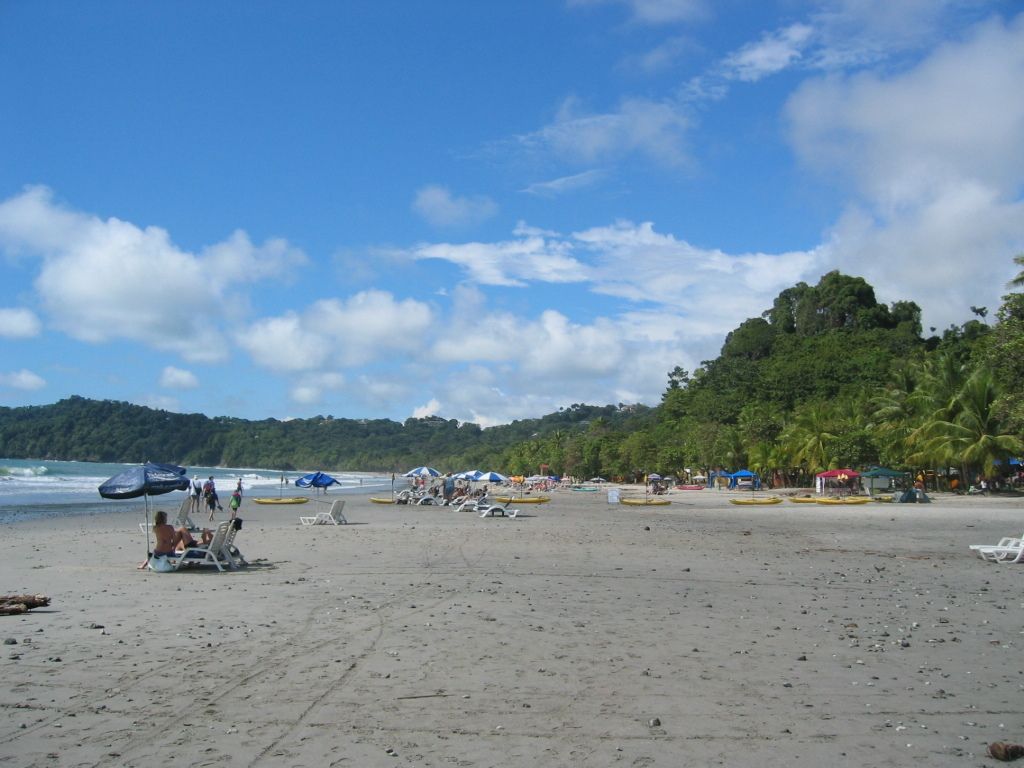Criticizes Monetary and Credit Policy in Russia (Manturov speaks negatively)
In an interview with RIA Novosti ahead of the Peterburg International Economic Forum (PIEF 2025), Manturov pointed out that the monetary policy in our country doesn't significantly boost investments in production, but the set targets are being achieved nonetheless.
"Sure, our monetary policy isn't exactly pumping up the investments these days, but the plans we had, well, they're being executed," Manturov clarified, the vice-premier.
He considers that the growth of the processing industry in Russia is aided by a bundle of support mechanisms. Among these, there are sectoral and inter-sectoral subsidies for investment projects, as well as preferential loans from the Development of Industry Fund, agreements on protecting capital investments and incentives, and various other measures.
As previously reported by "Monokle", Alexander Shokhin, head of the Russian Union of Industrialists and Entrepreneurs (RSPP), stated that the Russian stock market needs to be prepped for the time when, within a year or two, the population will be ready to invest their financial resources in its instruments, which they've been holding in high-yield bank deposits until now.
The growth of the processing industry in Russia is propelled by a conglomerate of mechanisms, including:
Current Mechanisms
- Public-Private Partnerships: The government places a lot of stock in public-private partnerships as a means of driving industrial growth. For instance, private investors contribute more than 7 rubles for every ruble of state funding, highlighting a substantial private sector participation[4].
- Approved Initiatives: The government has okayed around 160 initiatives, with 140 already underway, demonstrating a firm push for industrial development[4].
Subsidies
- State Grants: While fewer than 32 projects required state grants, this selective use of subsidies implies a focus on strategic support for key sectors[4].
- Targeted Funding: Specific details regarding widespread subsidies are not readily available, but targeted funding for sectors like oil and gas, energy, construction, and telecommunications suggests a strategic approach to fostering industrial growth[4].
Preferential Loans
- No Specific Details: There's no specific info available on preferential loans for the processing industry at present. However, the emphasis on state support and public-private partnerships implies that such financial tools might be part of a broader economic strategy.
Other Support Mechanisms
- Domestic Software Development: There's a focus on creating domestic software and digital solutions to enhance production efficiency and reduce reliance on foreign products[4].
- Manufacturing Growth: The manufacturing sector has seen a 4.2% increase in the first four months of 2025, thanks in part to import-substituting industries[1].
Overall, Russia's industrial growth is supported by strategic investments, targeted state support, and efforts to bolster domestic capabilities in key sectors.
Manturov suggested that the growth of the processing industry in Russia is facilitated by various mechanisms, such as public-private partnerships, approved initiatives, state grants, targeted funding, preferential loans, domestic software development, and the promoting of the manufacturing sector. Shokhin stated that the Russian stock market should be prepared for increased investment from the population, who have been holding their financial resources in high-yield bank deposits until now.





